Japanese Foreign Minister Yoshimasa Hayashi's visit to China earlier this month, the first by a top Japanese diplomat in three years, came at a time of challenges as well as opportunities for China-Japan relations.
Tokyo has been closely following Washington's lead in trying to contain China's development by enthusiastically shaping negative perceptions about China and setting a diplomatic agenda targeting China. It has also shown its willingness to play the role of a vanguard in a new Cold War launched by the United States against China.
In its updated National Security Strategy released in December, Japan labeled China as its "greatest strategic challenge ever". The revised security strategy will allow Japan to develop counterstrike capabilities (which could be interpreted as pre-emptive strike capabilities) and to double its annual defense spending to 2 percent of GDP.
Japanese Prime Minister Fumio Kishida's surprise visit to Ukraine on March 21, which coincided with President Xi Jinping's meeting with Russian President Vladimir Putin in Moscow, is widely regarded as a signal that Japan, which holds the rotating G7 presidency this year, intends to lead the West's confrontation against Russia.
At the end of March, Japan also joined the US in restricting exports of chip manufacturing equipment to China. And after his visit to China, Hayashi immediately traveled to Belgium to participate in the meeting of NATO foreign ministers.
Furthermore, the G7 Summit to be held in Hiroshima in May is expected to see the group set an agenda targeting China.
Given these factors, is there any point in China having dialogues with Japan? I believe there is. Such communication is important for repairing the problematic Sino-Japanese ties, and dialogue between Japan and China is not only necessary and crucial for the two countries, but also for the region and the entire world.
First, dialogue amid headwinds can help the Japanese people understand that fostering the endogenous strength of bilateral ties is the basis for creating sound Sino-Japanese relations in the new era. Some Japanese media outlets viewed Hayashi's China visit as an attempt by Beijing to make a diplomatic breakthrough in its relationship with Japan in order to counter the containment and suppression efforts of the US.This reflects the US-centered mentality that puts Sino-Japanese ties below US-Japan relations and US-China relations. It is true that the US was, is and will remain a key factor that affects China-Japan relations, but a US-centered mentality will not help create mature bilateral ties between China and Japan.
Japan imposed restrictions on chip manufacturing equipment exports to China under pressure from the US in March. Despite the Japanese government's claim that the export curbs will only affect a dozen companies, the restrictions are expected to greatly disrupt normal economic activities, and many enterprises will suffer the loss of investment opportunities and a decline in profits due to self-imposed limitations out of fear of violating the curbs.
Sino-Japanese trade frictions will have a huge negative influence on supply chains. The dialogues between China and Japan are aimed at sending a message to the Japanese audience that developing and preserving Sino-Japanese relations conforms to the fundamental interests of Japan, and China-Japan conversations are not intended to break the Japanese-US alliance, but instead are a strategic choice independently made by the two neighbors.
Second, China's commitment to solving problems through dialogue reflects its aspiration to achieve long-term peace and prosperity in the Asia-Pacific region, which resonates with people throughout the region. The peace and prosperity of East Asia over the past decades has been based on cooperation among members of the Association of Southeast Asian Nations, and the principle of promoting peace via dialogue and the pursuit of economic integration to achieve prosperity.
Ties between Japan and China, the two largest economies in the region, have a significant impact on the process of regional integration. The consensus reached by the two countries' foreign ministers on restarting tripartite cooperation among China, Japan and the Republic of Korea conforms to regional countries'desire to seek unity instead of division, and integration instead of decoupling.
Third, China and Japan holding talks amid diplomatic headwinds can strike a chord with the global audience, as it upholds the principle of resolving disputes and divergences through dialogue.
As President Xi said during his meeting with Prime Minister Kishida in November on the sidelines of the Asia-Pacific Economic Cooperation summit in Bangkok, as two countries with different social systems and national conditions, China and Japan should respect each other, enhance mutual trust and remove misunderstanding.
The dialogue between China and Japan in the midst of adversity is crucial for not only building a constructive Sino-Japanese relationship in the new era, but also for promoting stability in the Asia-Pacific region and the entire world.
The author is an associate professor of international relations at Niigata University in Japan and a senior visiting scholar at Free University of Berlin. The views do not necessarily reflect those of China Daily.









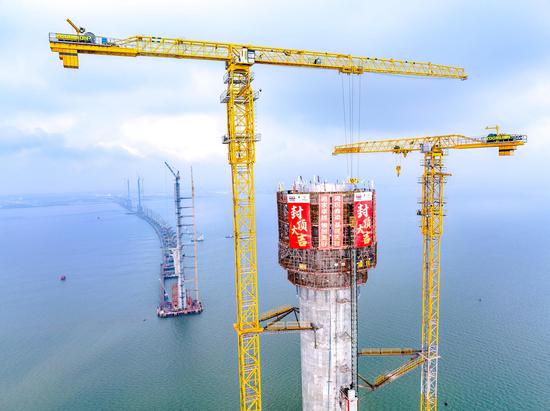

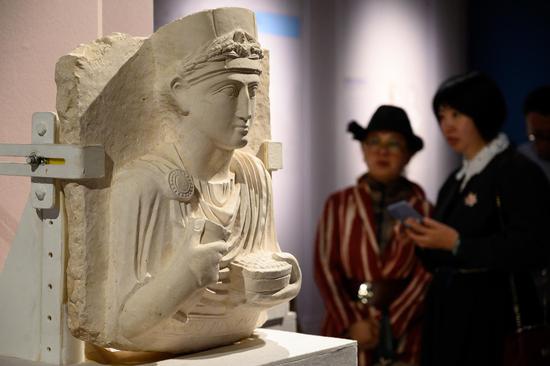




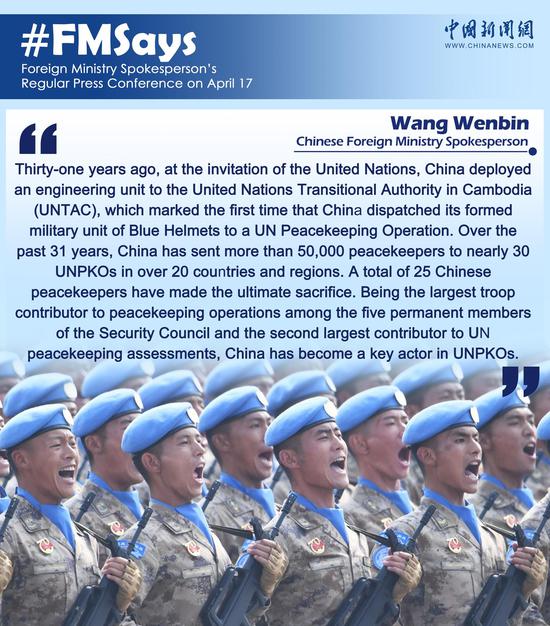

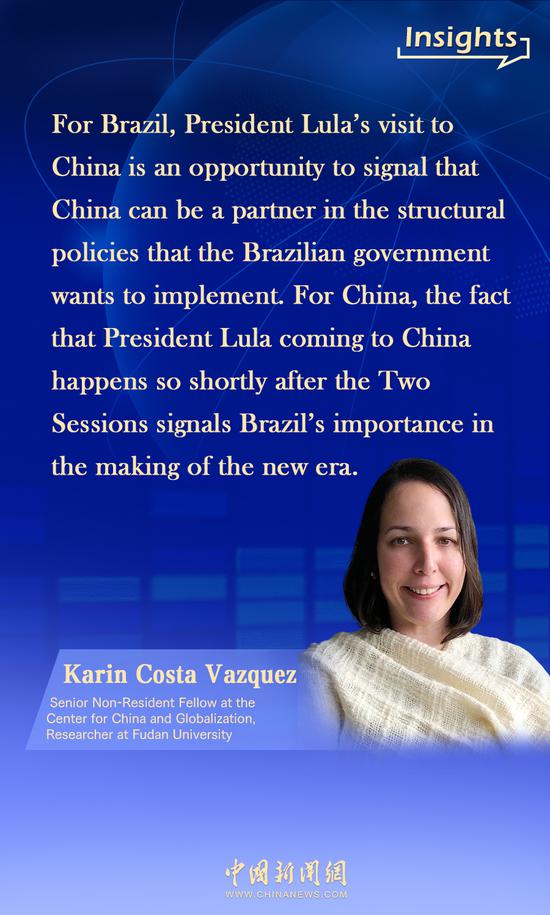




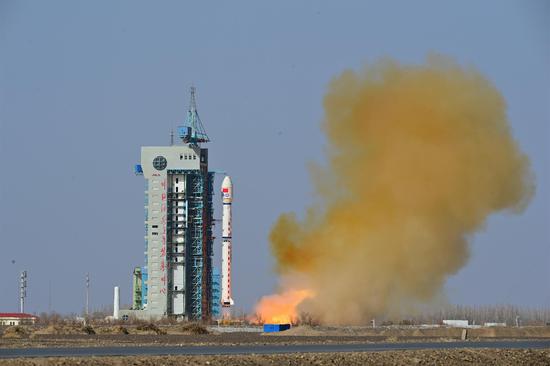





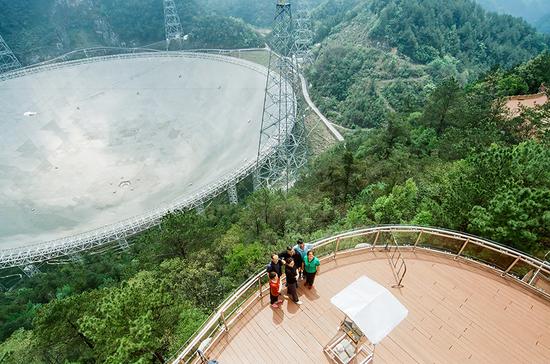

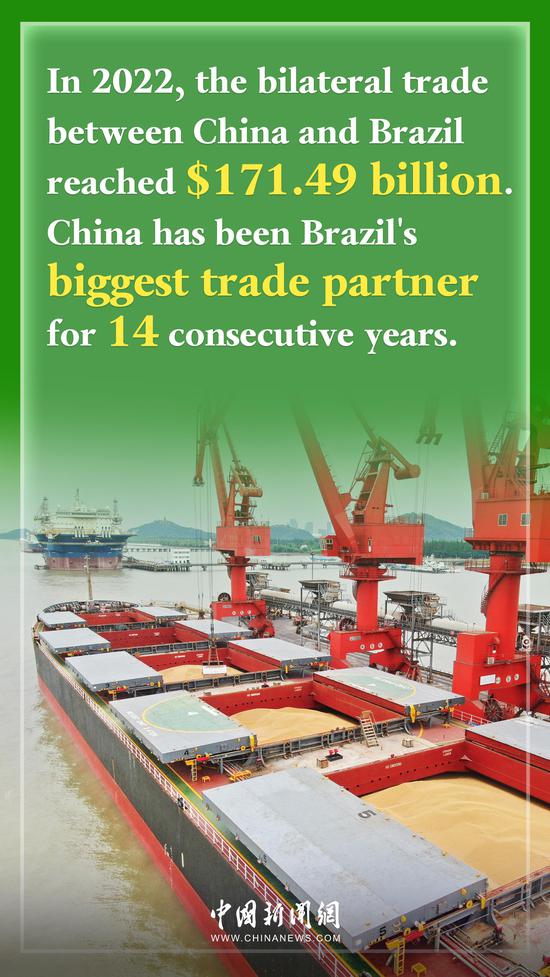
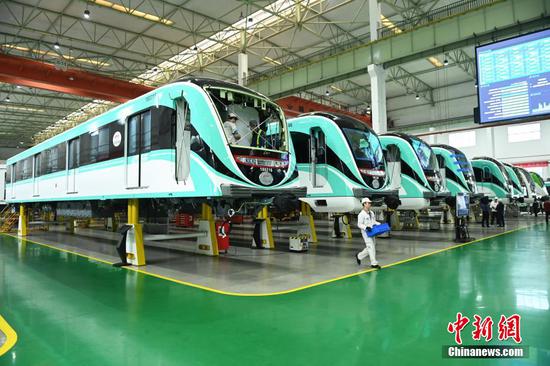






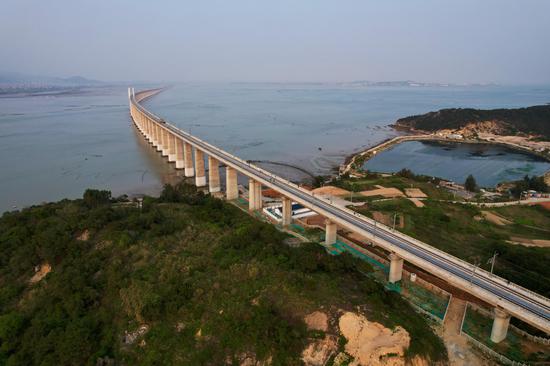
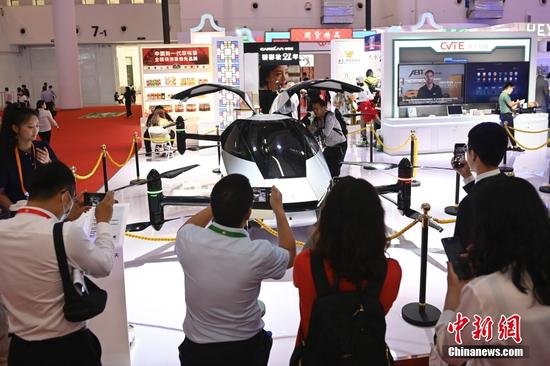


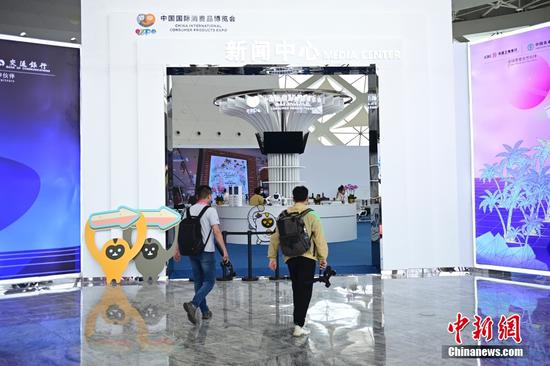






 京公网安备 11010202009201号
京公网安备 11010202009201号